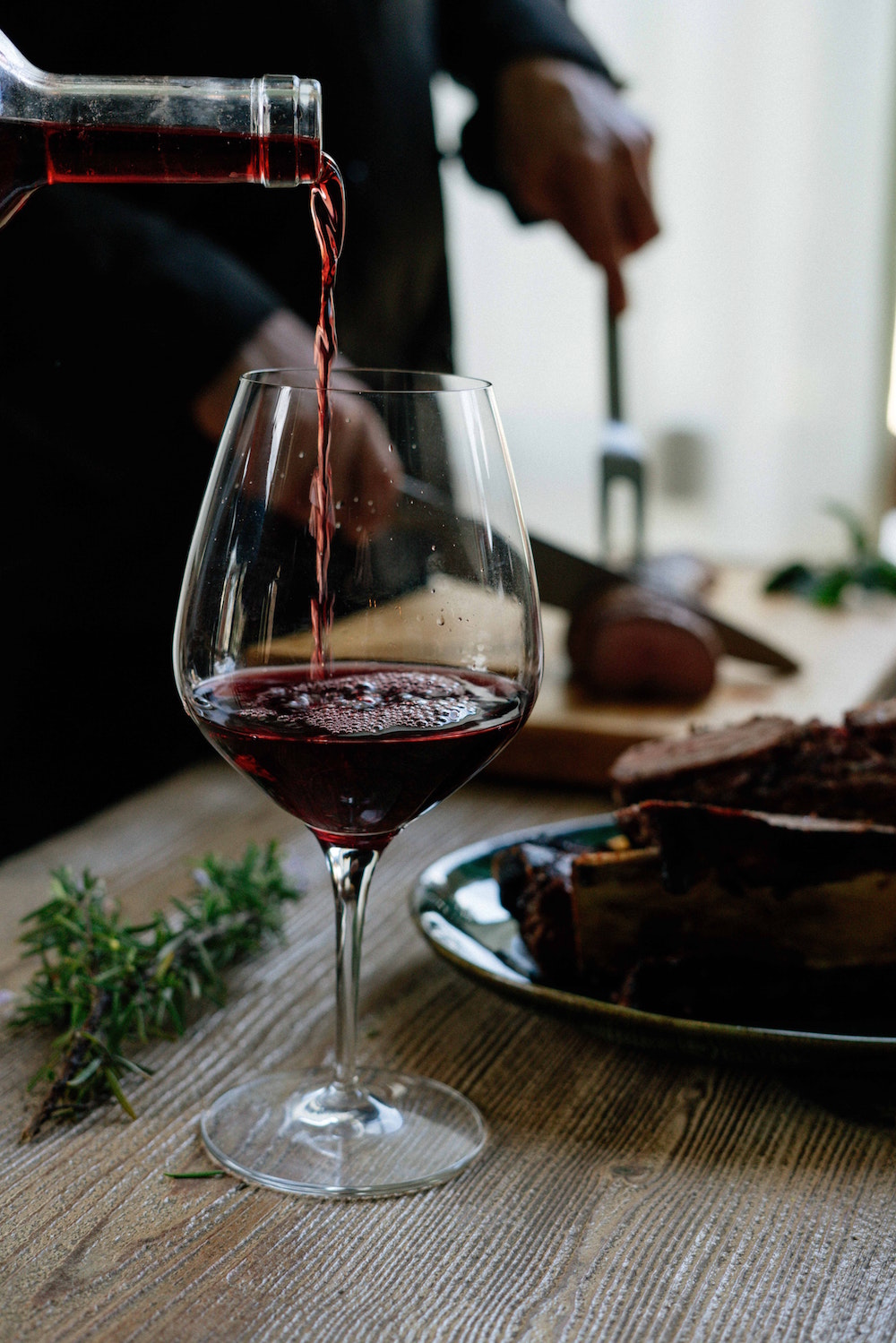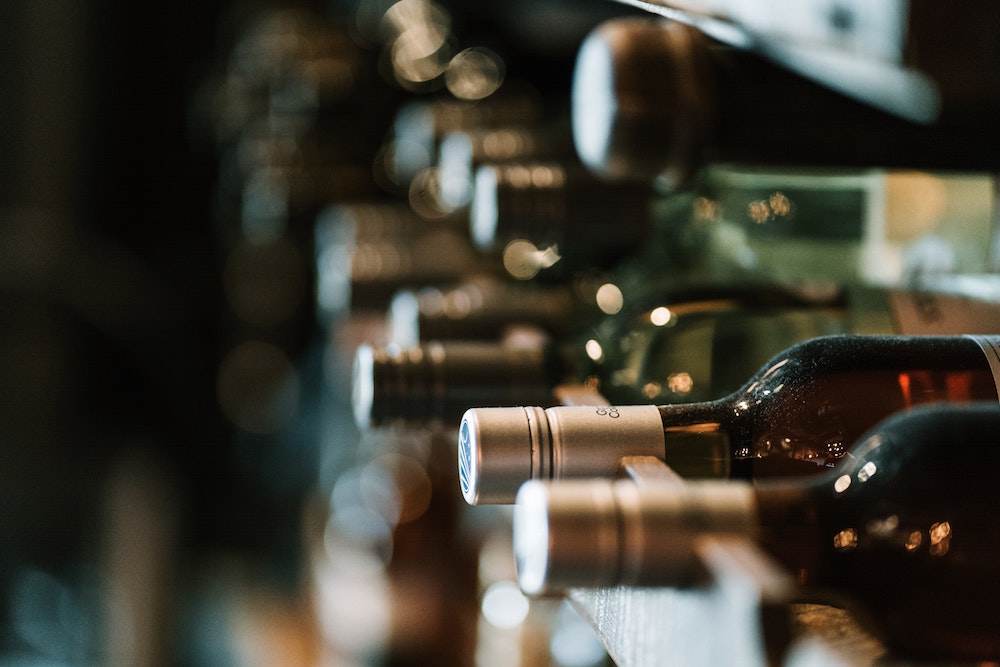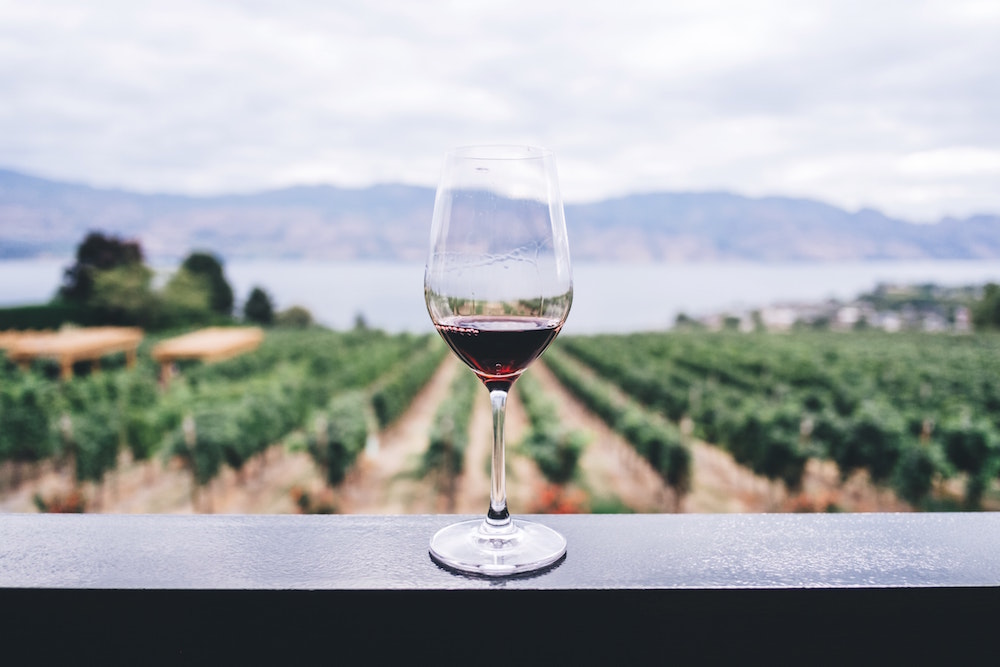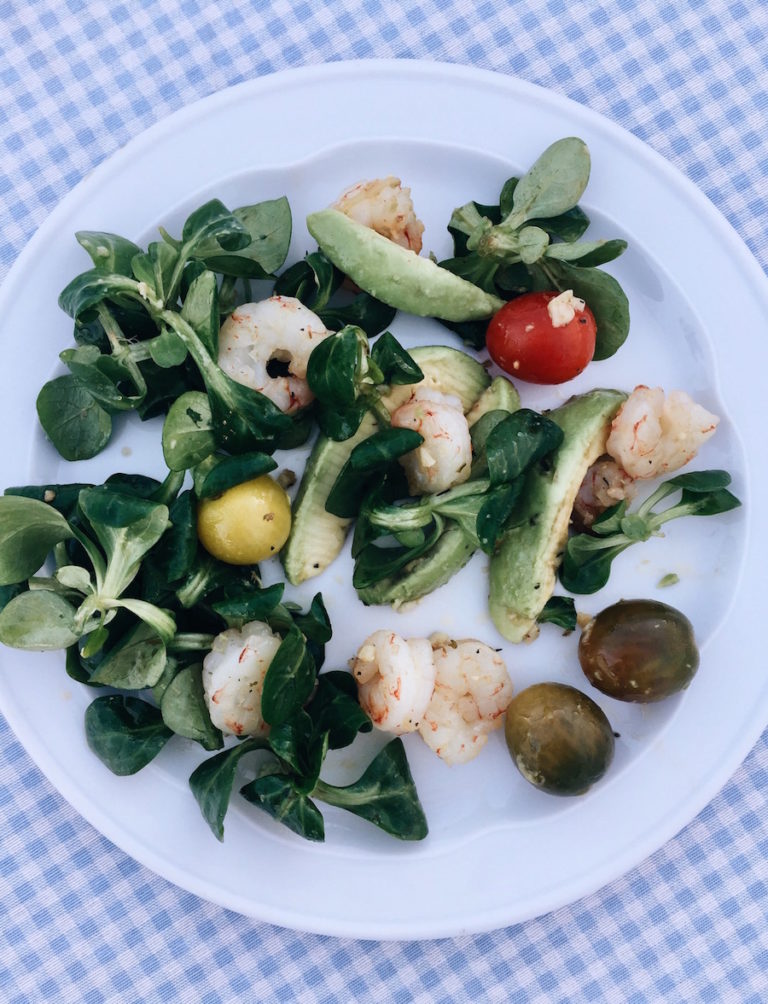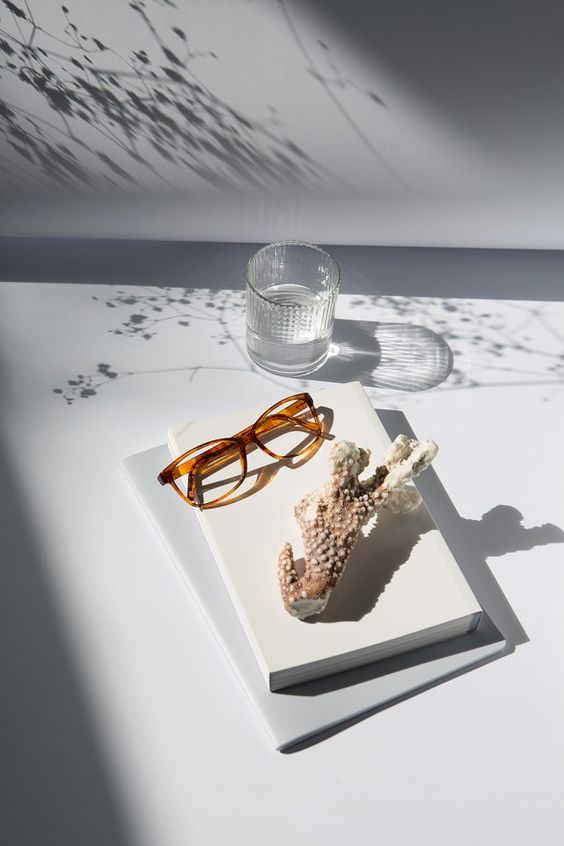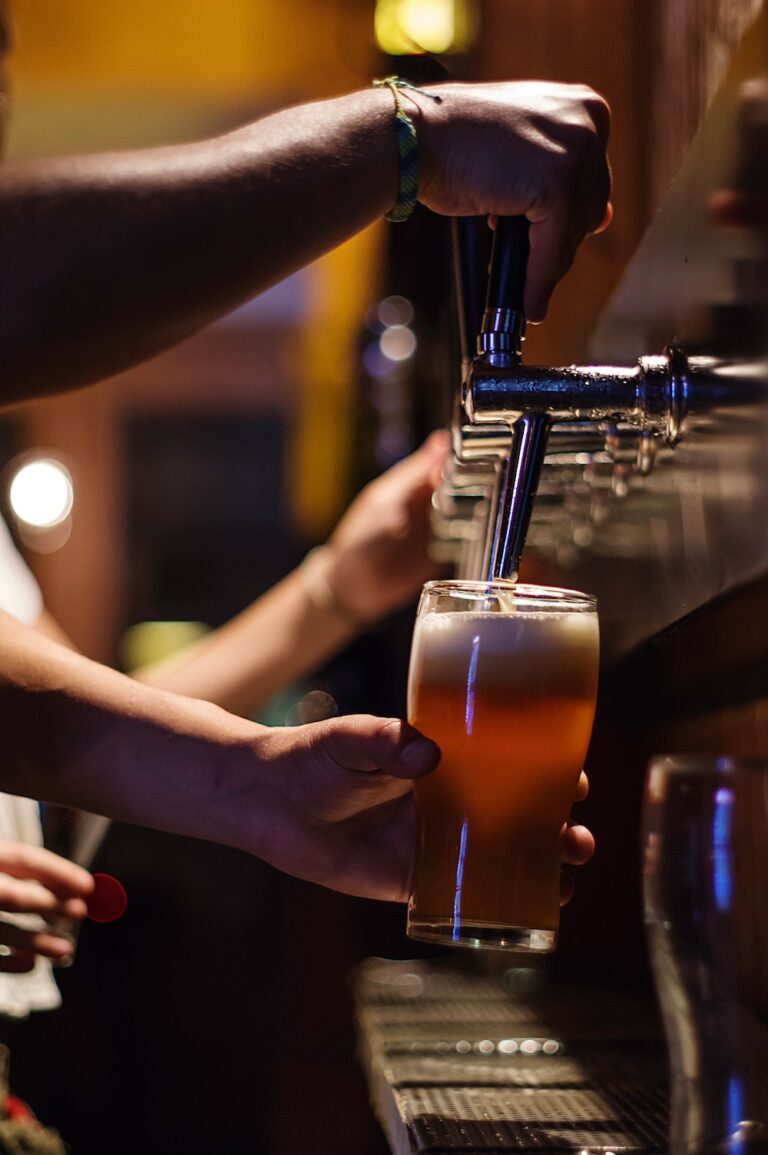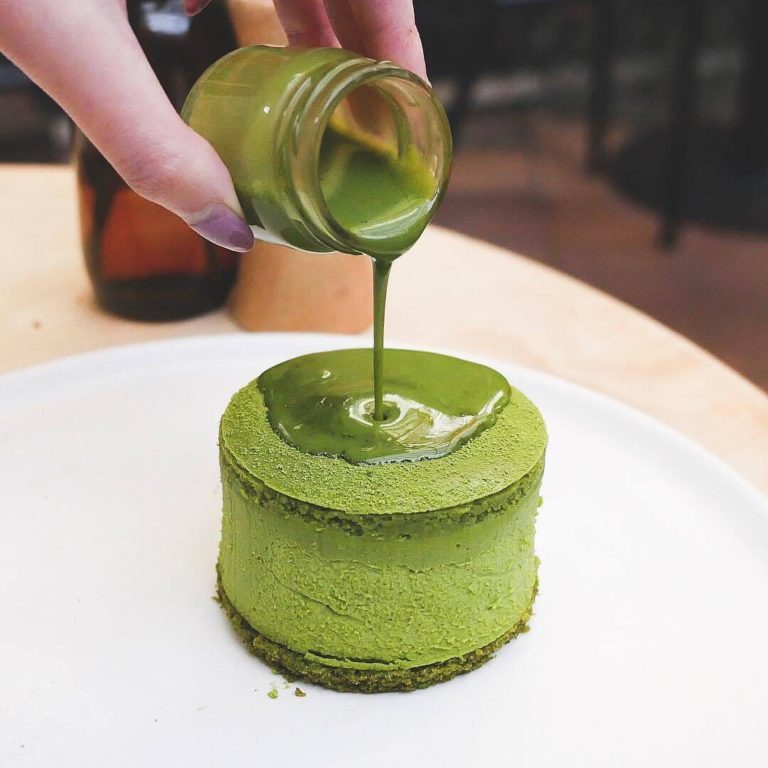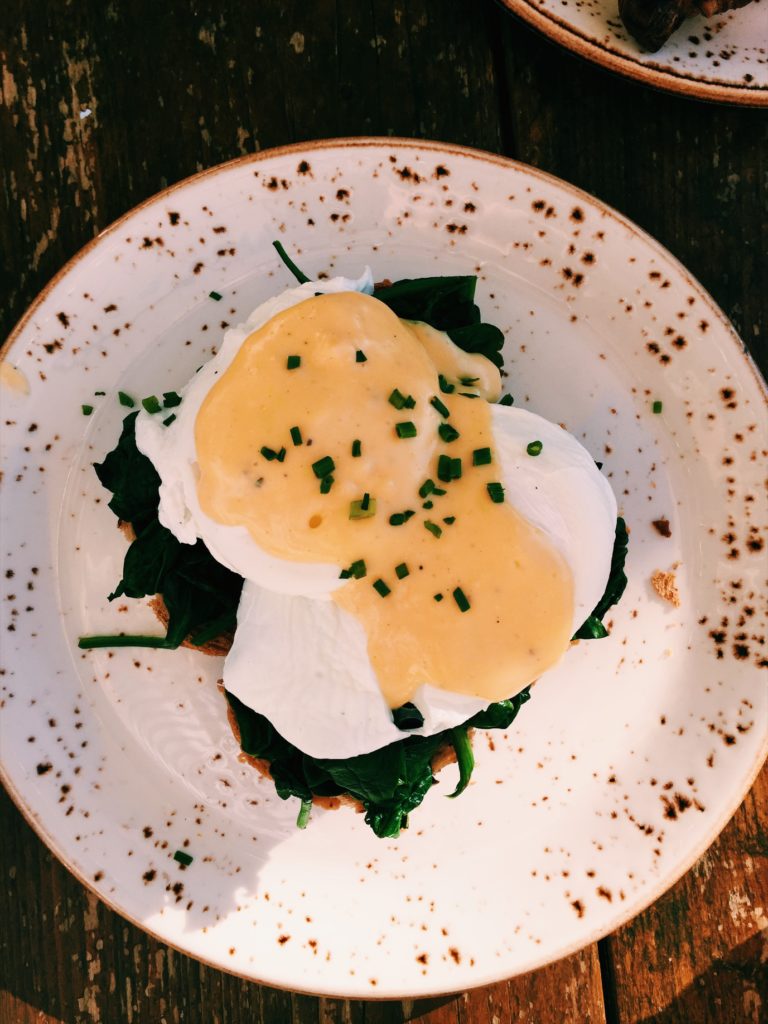Why Do Some Wines Age Well, and Others Don’t?
Many great and lengthy books have been written on the subject of wine-making and the intricacies of this process, and even they don’t cover the entire topic! There are just about as many ways of creating this wonderful beverage as there are wineries. From the grape quality to the precise climate in which the wine is being stored, there are countless factors that impact its final taste and the overall drinking experience.
But what exactly is it that makes some wines age so gracefully that they are better than others? What makes the bottle of old, red wine that has broken the bidding record on Acker Wines any different from the store-brand fermented grape juice you brought to your buddy’s birthday party last week?
As it turns out, there are quite a few parameters by which we can measure how well a particular wine will age. A bottle of wine is like its own little ecosystem, where a lot of chemical and biological interactions occur over time, which makes the process of wine aging highly complex but quite simple to break down.
Keep in mind, however, that this is not the most accurate of sciences. While certain characteristics definitely can be singled out and pointed towards as the reason behind the aging of various wines, a lot of it also comes down to the climate in which the grapes were grown, as well as the individual taster’s experience.
The Chemistry
One of the most important things to understand about wine aging is the role of tannins in the whole process. They’re the structural components, and higher tannins in red wines tend to have a positive impact on the aging process. Red wines with lower tannins don’t usually age that well. This is because when these compounds break down, they’re gradually smoothening the flavor over the years.
Keep in mind that this is valid for red wine only, as white wine doesn’t really require tannins to be age-worthy. Another thing to remember is the fact that there are two kinds of tannins: ones that derive directly from grape skins and pips, while the other type comes from the wood that the wine is stored in. If the balance between the two isn’t right, it might have a detrimental effect on the aging of your red wine.
Tannins aside, another factor that plays a big role in how well wine ages is the alcohol level. The general rule is that if you’re looking for fine, aged wines, you should be on the lookout for a bottle with an ABV of less than 13.5%. That is because the more alcohol, the quicker your wine will deteriorate, making your old wine with a high alcohol content resemble vinegar. This rule is most applicable to dry red and white wines.
Finally, there is the matter of acidity. The impact of acidity on the way wine ages is quite straightforward and doesn’t discriminate against the grape’s color. Basically, wines with higher acid levels will age well, because as the acid breaks down over time, it flattens out the beverage, making for a more balanced flavor. A bottle of wine that was low-acid from the start will not age well, and it would be best not to keep it locked away for many years, as it will simply lose all of its flavor.
Outside Factors
Wine is barely ever made in a controlled, lab environment, regardless of whether we’re talking about white wines or red wines. If it was, all the flavor intricacies and subtle hints of its origin would be lost forever. This also makes the beverage extremely susceptible to human error.
Say you’ve got a barrel or great red wine with loads of tannins, high acidity, and all the good stuff that is going to make it age well and sell even better. Too many holes or leakages in the barrel, and you’re running the risk of rapid oxidation of your wine, which can make it taste rancid, as the oxygen reacts with the wine in the same way it would with an apple left outside for too long.
Another important thing to take note of is the particular year in which the wines were made. This is usually what is meant by a “good year” or “bad year” in reference to a particular bottle. Some years, the weather is great and all of the grapes come out fresh, ripe, and ready to be made into excellent wines. Sometimes, however, the climate is unpredictable. It rains a lot, or it doesn’t rain enough, and even if the grapes turn out somewhat ripe and edible, the wine made out of them won’t age or taste nearly as well as the one produced in a “good year”.
The Bottom Line
The factors that go into the sheer chemical process of wine aging are enough to give you a headache. When you factor in all of the human errors and weather complications that can impact the whole ordeal, and you’ll soon realize that wine-tasting is a much easier field to get into than wine-making if you’re passionate about this beverage.
You also need to keep in mind that age is not the only thing that makes great wine. There are plenty of other components that play into it, and oftentimes you’ll find a 2018 Cabernet Sauvignon that will taste better than certain wines of the same grape variety from many years ago.

